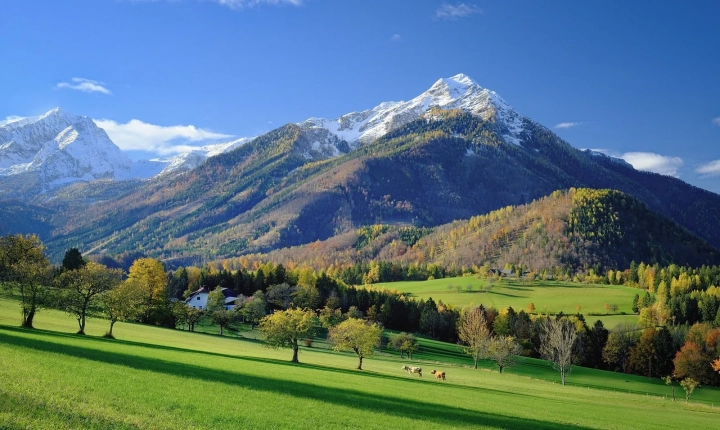Are AI Pictures Copyrighted?
In recent years, the advancements in artificial intelligence (AI) technology have opened up new avenues for generating realistic and high-quality images. With the rise of AI-generated artwork, a question that often arises is whether these pictures are copyrighted. It is a complex and nuanced issue that involves various legal and ethical considerations.
Typically, copyright law protects original works of authorship, including photographs and digital images. These protections extend to the creator of the work, granting them exclusive rights to reproduce, distribute, and display their creations. However, the question of copyright ownership becomes more complex when AI is involved in the creative process.
One of the key factors in determining copyright ownership is the concept of authorship. Generally, copyright is granted to the individual or entity that creates the work. In the case of AI-generated images, the question of authorship becomes blurred. While the AI system produces the image, it is often trained on a dataset of existing images and guided by human input, raising the question of whether the AI or the human should be considered the author of the work.
In some jurisdictions, copyright law requires a human author to create a work to qualify for copyright protection. This means that AI-generated images may not be eligible for copyright protection. However, there are also discussions around the idea of “work made for hire,” where the employer or commissioning party is considered the author of the work. This concept could potentially apply to AI-generated images, where the entity that trained or directed the AI system may be considered the author.
Another consideration is the duration of copyright protection. In many jurisdictions, copyright protection lasts for the life of the author plus a certain number of years. In the case of AI-generated images, where there is no human author, questions arise about the duration and scope of copyright protection for these works.
In addition to legal considerations, there are ethical implications surrounding the use and ownership of AI-generated images. The potential for widespread use and reproduction of AI-generated images raises concerns about accountability, fair compensation for creators, and the potential for exploitation of AI-generated works.
As the legal and ethical landscape surrounding AI-generated images continues to evolve, it is essential for lawmakers, scholars, and industry professionals to address these complex issues. Balancing the need to incentivize innovation and creativity while ensuring fair and ethical treatment of creators is a crucial consideration in the ongoing discussion about copyright and AI-generated artwork.
In conclusion, the question of whether AI-generated images are copyrighted is multifaceted and requires careful examination of legal and ethical principles. As AI technology continues to advance and integrate into the creative process, the determination of copyright ownership and protection for AI-generated images is an important area that demands further exploration and consideration.
